Lasik eye Surgery is a procedure performed to remove dependency on spectacles and contact lenses. And which is the best hospital for LASIK eye surgery in Bangalore? Lasik Surgery corrects your spectacle power and makes the eye usually see without spectacles. Lasik is a general name for laser vision correction surgeries to remove spectacles’ power.
This article describes why Vijaya Nethralaya is the best laser vision correction hospital. Vijaya Nethralaya Eye Hospital is one of the best hospitals for LASIK surgery in Bangalore. Its state-of-the-art facility offers the latest technology and equipment for correcting vision problems.
Here are some reasons why Vijaya Nethralaya Eye Hospital is the best hospital for LASIK surgery in Bangalore:
Here some 10 reason:
Vijaya Nethralaya is home to some of the Best Refractive Surgeons in the Country. Dr Prof. Appaji Gowda, MS, was one of the First few Surgeons to start Lasik Surgery in Bangalore way back in 1993. He has more than 30 years of experience in this field and has seen unprecedented changes. He has always kept himself updated and made the best time-proven technology available to Patients. Dr. Appajigowda has presented many papers and his techniques to peers worldwide. Vijaya Nethralaya Eye Hospital has a team of highly qualified and experienced ophthalmologists who specialize in LASIK surgery. The surgeons undergo training in the latest techniques and possess vast experience performing successful LASIK surgeries. They use the latest technology to provide the best possible results for their patients.

Doctors at Vijayanethralaya will give you all the time you’ll need to understand the best suitable technique for your eyes. Your eyes will be studied layer by layer with multiple types of equipment to avoid any possible adverse effects from laser vision correction. The Doctors will explain in detail the advantages and disadvantages of each procedure.
Vijaya Nethralaya Eye Hospital has been providing eye care services for more than two decades. The hospital has a team of highly qualified and experienced eye surgeons who are experts in Lasik surgery. The hospital has invested in the latest technology to ensure that they provide the best Lasik surgery services to their patients. With their years of experience, the surgeons at Vijaya Nethralaya Eye Hospital can handle any Lasik surgery complication that may arise.
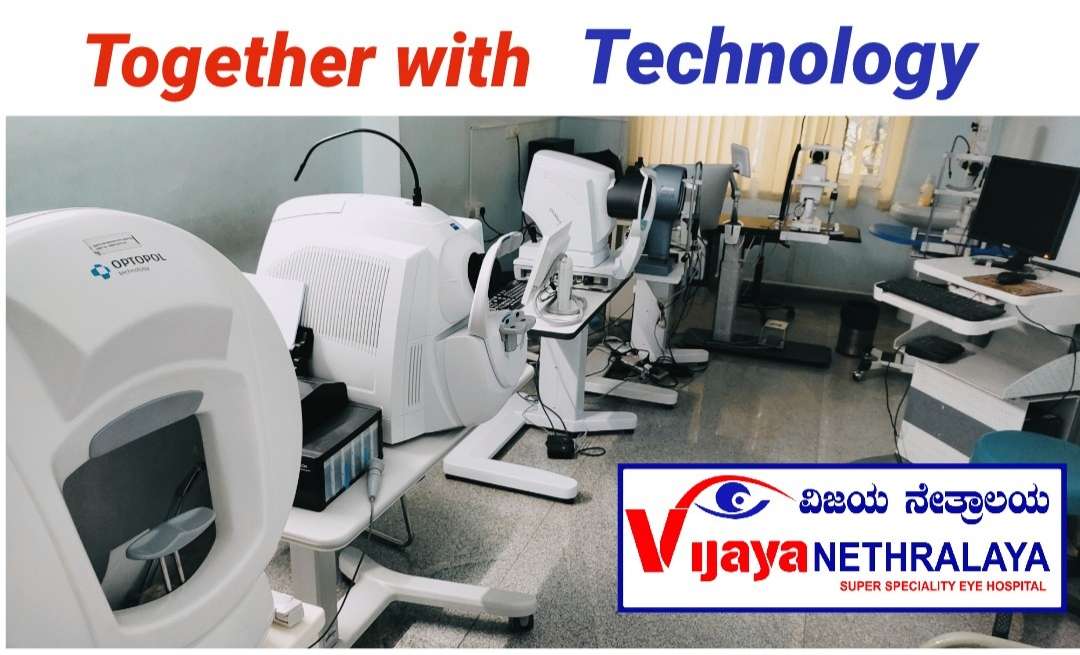
You will be screened for Conditions like thin abnormal Cornea, allergies, dry eyes, and other conditions that may affect the outcome of laser vision correction on your eyes.
2. Advanced Technology: Vijaya Nethralaya Eye Hospital is equipped with the latest technology for LASIK surgery. They use state-of-the-art equipment such as the excimer laser and the femtosecond laser for the LASIK procedure. These machines are highly accurate and provide the best possible results. The hospital also uses Wavefront technology, which maps the unique characteristics of each patient’s eye, to provide customized treatment.
3. State-of-the-Art Technology: Lasik surgery technology has evolved over the years, and Vijaya Nethralaya Eye Hospital has quickly adopted the latest technology. The hospital has invested in state-of-the-art technology to ensure that they provide the best Lasik surgery services to its patients. The hospital uses advanced laser technology to ensure they achieve the best patient results.
4. Pre-operative Evaluation: The hospital provides a comprehensive pre-operative evaluation to determine the suitability of a patient for LASIK surgery. The evaluation includes a detailed eye examination and a review of the patient’s medical history. The hospital also uses advanced diagnostic tools to determine the exact nature of the patient’s vision problem and to create a customized treatment plan.
5. Post-operative Care: Vijaya Nethralaya Eye Hospital provides excellent post-operative care to ensure the best possible results for its patients. The hospital has a team of trained professionals who provide follow-up care to monitor the patient’s progress after the surgery. They provide guidance on post-operative care, including medication, eye drops, and follow-up visits.
6. Reputation: Vijaya Nethralaya Eye Hospital has a strong reputation for providing excellent eye care services. The hospital has been in operation for over 25 years and has a long history of successful LASIK surgeries. The hospital has received numerous awards and accolades for its outstanding services.
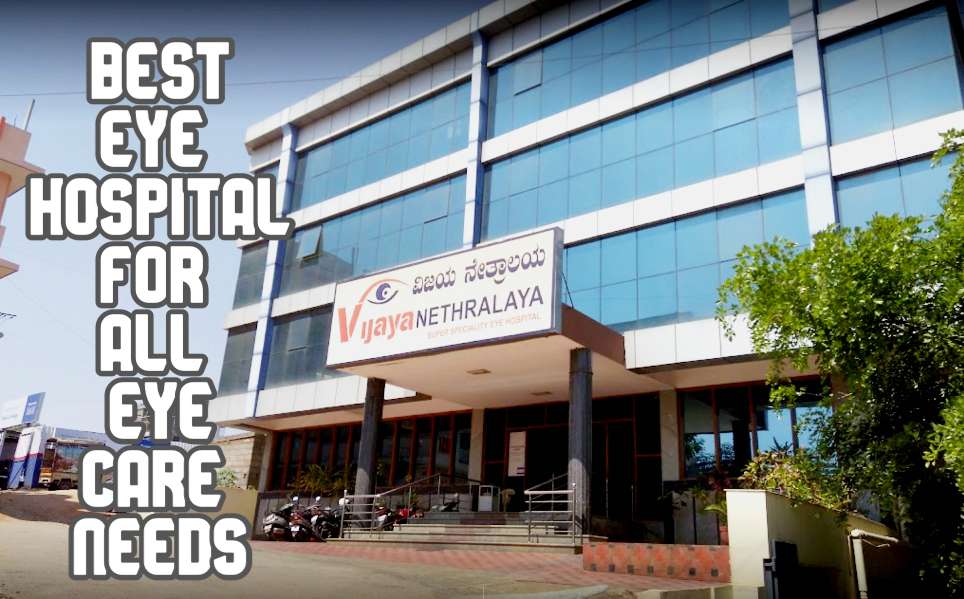
Vijaya Nethralaya Eye Hospital is a well-established eye hospital that offers high-quality eye care services to people of all ages. Among the many services that they offer, Lasik surgery is one of the most sought-after. Lasik surgery is a type of refractive surgery that corrects vision problems such as nearsightedness, farsightedness, and astigmatism. If you are considering Lasik surgery, then Vijaya Nethralaya Eye Hospital is the best place for you. In this blog post, we will discuss why Vijaya Nethralaya Eye Hospital is the best hospital for Lasik surgery in Bangalore.
7. Personalized Treatment:
At Vijaya Eye Clinic, every patient is unique, and the hospital understands this. The hospital offers personalized Lasik surgery treatment to ensure that every patient gets the best eye care. The hospital has a team of doctors who conduct a thorough eye examination to determine the best treatment plan for every patient. This personalized approach ensures that every patient gets the best care possible.
8. Affordability:
Lasik surgery can be expensive, but Vijaya Nethralaya Eye Hospital offers affordable Lasik surgery services. The hospital understands that not everyone can afford the high cost of Lasik surgery, and they have made it their mission to provide affordable services. They offer different payment options to ensure that every patient can access the best Lasik surgery services.

9. Safe and Hygienic Environment:
Vijaya Nethralaya Eye Hospital in Nagarbhavi commits to providing a safe and hygienic environment for its patients. The hospital adheres to the highest safety and hygiene standards to ensure that its patients are safe from infections and other complications. The hospital has a team of trained staff who ensure that the hospital is always clean and sterile.
10. Excellent Customer Service:
At Vijaya Nethralaya Eye Hospital in Bangalore, excellent customer service is at the heart of everything they do. The hospital has a team of friendly and knowledgeable staff who are always ready to help patients with any questions or concerns they may have. The hospital also offers aftercare services to ensure that patients are comfortable and recover quickly after their Lasik surgery.
11. Positive Reviews:
Vijaya Eye Clinic in Nagarbhavi has received many positive reviews from satisfied patients. Many patients have praised the hospital for its excellent services and personalized treatment. The hospital has built a reputation as the best hospital for Lasik surgery, and this is evident from the many positive reviews it has received on multiple platforms such as Google, Facebook, LinkedIn
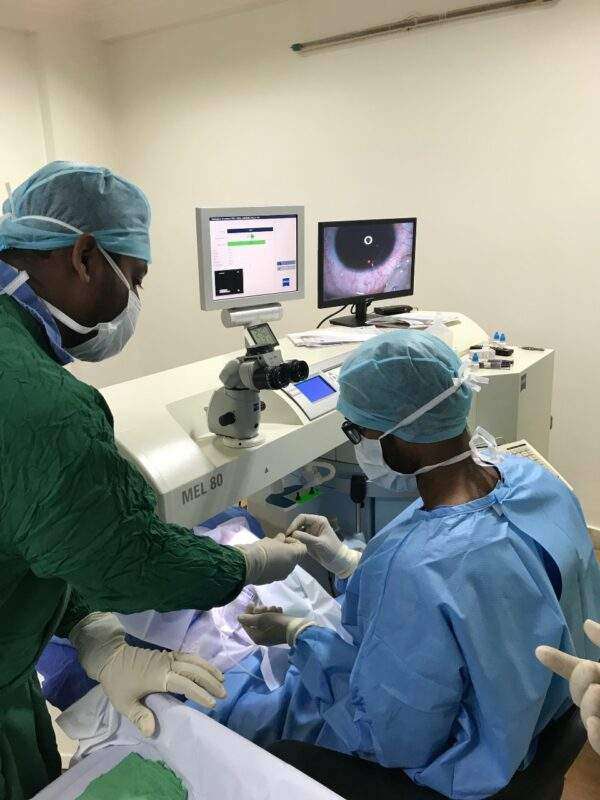
What’s Lasik:
LASIK (Laser-Assisted In Situ Keratomileusis) is a popular refractive surgical procedure that has helped millions of people worldwide to correct their vision and achieve freedom from glasses or contact lenses. It is a safe, effective, and minimally invasive procedure that uses a laser to reshape the cornea of the eye, thus correcting refractive errors such as nearsightedness, farsightedness, and astigmatism. In this blog, we will discuss the various aspects of LASIK surgery, including its benefits, risks, eligibility criteria, and recovery process.
Benefits of LASIK Surgery:

The benefits of LASIK surgery are numerous and significant. Here are some of the main advantages of LASIK surgery:
- Improved Vision: The primary benefit of LASIK surgery is improved vision. After the procedure, most patients can see clearly without glasses or contact lenses. In fact, many patients achieve 20/20 vision or better.
- Quick Recovery: Lasik surgery is a minimally invasive procedure that requires only a few days of recovery time. Most patients can return to work and normal activities within a week.
- Long-Term Results: LASIK surgery provides long-term results, with most patients experiencing clear vision for many years after the procedure.
- Minimal Pain: Lasik surgery is a relatively painless procedure. Patients typically experience only mild discomfort during the procedure and a few days of discomfort afterward.
- No Need for Contacts or Glasses: After Lasik surgery, patients no longer need to wear glasses or contact lenses. This provides a great deal of convenience and freedom.
Risks of LASIK Surgery:
While LASIK surgery is a safe and effective procedure, it does carry some risks. Here are some of the potential risks associated with LASIK surgery:
- Under-correction or Overcorrection: In some cases, LASIK surgery may not fully correct the patient’s vision. This may require a second procedure or the continued use of glasses or contact lenses.
- Lasik surgery can cause dry eye syndrome, characterized by a lack of tears to lubricate the eyes. This can cause discomfort, redness, and blurry vision.
- Night Vision Problems: Some patients may experience halos, glare, or double vision at night after LASIK surgery. This can be especially problematic for people who drive at night.
- Flap Complications: Lasik surgery involves creating a flap in the cornea to access the underlying tissue. In some cases, this flap may not heal properly, leading to complications.
- Infection: As with any surgical procedure, there is a risk of infection after LASIK surgery. This is why it is important to follow all post-operative care instructions carefully.
Eligibility for LASIK Surgery:
Not everyone is a good candidate for LASIK surgery. To be eligible for LASIK, you must meet certain criteria. Here are some of the factors that determine whether you are a good candidate for LASIK surgery:
- Age: You must be at least 18 years old to undergo LASIK surgery. This is because the eyes continue to change and develop until around age 18.
- Stable Vision: Your vision must be stable for at least one year before undergoing LASIK surgery. This means that your prescription has not changed significantly during that time.
- Healthy Eyes: You must have healthy eyes and be free of any eye diseases or conditions that could affect the outcome of the procedure.
- Realistic Expectations: You must have realistic expectations about the outcome of LASIK surgery. It is important to understand that the procedure can improve your vision but may not provide perfect vision.
- Corneal Thickness: Your corneas must be thick enough to undergo LASIK surgery. You should not have Keratoconus: An Eye Condition That Can Affect Your Vision(read below)
Lasik, or Laser-Assisted in Situ Keratomileusis, is a popular surgical procedure for the correction of vision problems such as nearsightedness, farsightedness, and astigmatism. It involves using a laser to reshape the cornea, the clear front part of the eye, in order to improve vision. While Lasik has a high success rate and is generally safe, it is important to undergo a pre-Lasik evaluation to determine whether you are a good candidate for the procedure. In this blog, we will discuss the importance of pre-Lasik evaluation and what it entails.
What is Pre-Lasik Evaluation?
Surgeons perform a pre-Lasik evaluation, a comprehensive eye examination, before the procedure. This evaluation determines if you are a good candidate for Lasik surgery and identifies any underlying eye conditions that could affect the outcome. During the evaluation, your eye doctor will perform a variety of tests to assess the health of your eyes and the quality of your vision.
Why is Pre-Lasik Evaluation Important?
Pre-Lasik evaluation is important for several reasons. First, it helps to ensure that you are a good candidate for the procedure. Not everyone is a good candidate for Lasik, and the evaluation can help to identify any factors that could increase the risk of complications or affect the outcome of the surgery.
Second, the evaluation can help to identify any underlying eye conditions that may need to be treated before undergoing Lasik. For example, if you have dry eyes or cataracts, these conditions may need to be treated before undergoing the surgery. Identifying these conditions beforehand can help to ensure that the surgery is as safe and effective as possible.
Third, the evaluation can help to determine the most appropriate type of Lasik procedure for your specific needs.The evaluation helps determine which type of Lasik procedure is best suited for your particular vision problem, as there are several different types of Lasik procedures.
What Does Pre-Lasik Evaluation Entail?
Pre-Lasik evaluation typically involves several tests and examinations. These may include
- Comprehensive Eye Exam: The first step in pre-Lasik evaluation is a comprehensive eye exam. This exam will evaluate the health of your eyes, as well as the quality of your vision. During the exam, your eye doctor will use a variety of tools and techniques to evaluate the health of your eyes, including a slit lamp exam, which allows the doctor to examine the structures of the eye under high magnification.
- Corneal Topography: Corneal topography is a test that measures the shape and curvature of the cornea, the clear front part of the eye. This test is important because the shape of the cornea can affect the outcome of the surgery. Corneal topography can help to identify any irregularities in the cornea that may affect the outcome of the surgery.
Corneal topography is a technique used to map the shape and curvature of the cornea, which is the clear front surface of the eye. It is a non-invasive and painless method that provides detailed information about the cornea’s surface and can help detect irregularities or abnormalities. Corneal topography diagnoses and manages corneal diseases, fits contact lenses, and plans refractive surgery. This blog provides an overview of corneal topography, its benefits, and how it is performed.
What is corneal topography?
Corneal topography is a computerized imaging technique that provides a detailed map of the cornea’s shape and curvature. It is also known as corneal mapping or videokeratography. The cornea is the eye’s outermost layer, and its shape is essential for proper vision. The cornea is responsible for refracting light and focusing it onto the retina, where it is converted into neural signals that are sent to the brain. Any irregularities or abnormalities in the cornea’s shape can affect the quality of vision and lead to various eye disorders.
How is corneal topography performed?
Corneal topography is a painless and non-invasive procedure that can be performed in a doctor’s office. The patient sits in front of a machine that takes measurements of the cornea using various techniques. The most common method is to use a Placido disc, which is a series of concentric rings that are projected onto the cornea. The machine captures the reflection of the rings on the cornea and uses this data to create a topographical map. Another technique is to use a laser beam, which scans the cornea and creates a 3D map of its surface.
The procedure takes only a few minutes, and the patient can resume normal activities immediately afterward. The results of the test are displayed on a computer screen and can be used by the doctor to diagnose and manage various eye conditions.
What are the benefits of corneal topography?
Corneal topography provides several benefits, including:
- Early detection of corneal diseases:
Corneal topography can detect early signs of corneal diseases such as keratoconus, which is a progressive condition that causes the cornea to thin and bulge outwards. Early detection of keratoconus is crucial because it can lead to irreversible vision loss if left untreated.
- Precise diagnosis of refractive errors:
Corneal topography can provide precise measurements of the cornea’s shape and curvature, which are essential for diagnosing refractive errors such as myopia, hyperopia, and astigmatism. Refractive errors can be corrected using glasses, contact lenses, or refractive surgery.
- Accurate fitting of contact lenses:
Corneal topography can help determine the correct fit and design of contact lenses for patients. It can provide detailed information about the cornea’s shape, size, and curvature, which can help the doctor select the right type of contact lens for the patient.
- Planning refractive surgery:
Corneal topography is essential for planning refractive surgery, such as LASIK or PRK. The surgeon uses the topographical map to determine the cornea’s shape and thickness, which are critical for calculating the amount of tissue to be removed during the surgery.
- Refraction Test:
The refraction test is a test that measures the quality of your vision. During the test, you will be asked to look through a series of lenses while the eye doctor measures the refractive error of your eyes. This test can help to determine the type and severity of your vision problem.
- Pupil Dilation:
Pupil dilation is a test that involves using eye drops to dilate your pupils. This allows the eye doctor to examine the inside of your eyes more closely. Pupil dilation is important because it can help to identify any underlying eye conditions that may affect the outcome of the surgery.
- Dry Eye Evaluation:
Dry eye is a common condition that can affect the outcome of Lasik surgery. A pre-Lasik evaluation may include a dry eye evaluation to determine whether you have this condition. If you do, your eye doctor may recommend
What Is The Keratoconus:
Keratoconus is a condition that affects the cornea, the clear dome-shaped outer layer of the eye that helps to focus light onto the retina. In keratoconus, the cornea gradually thins and bulges into a cone shape, causing distorted and blurred vision.
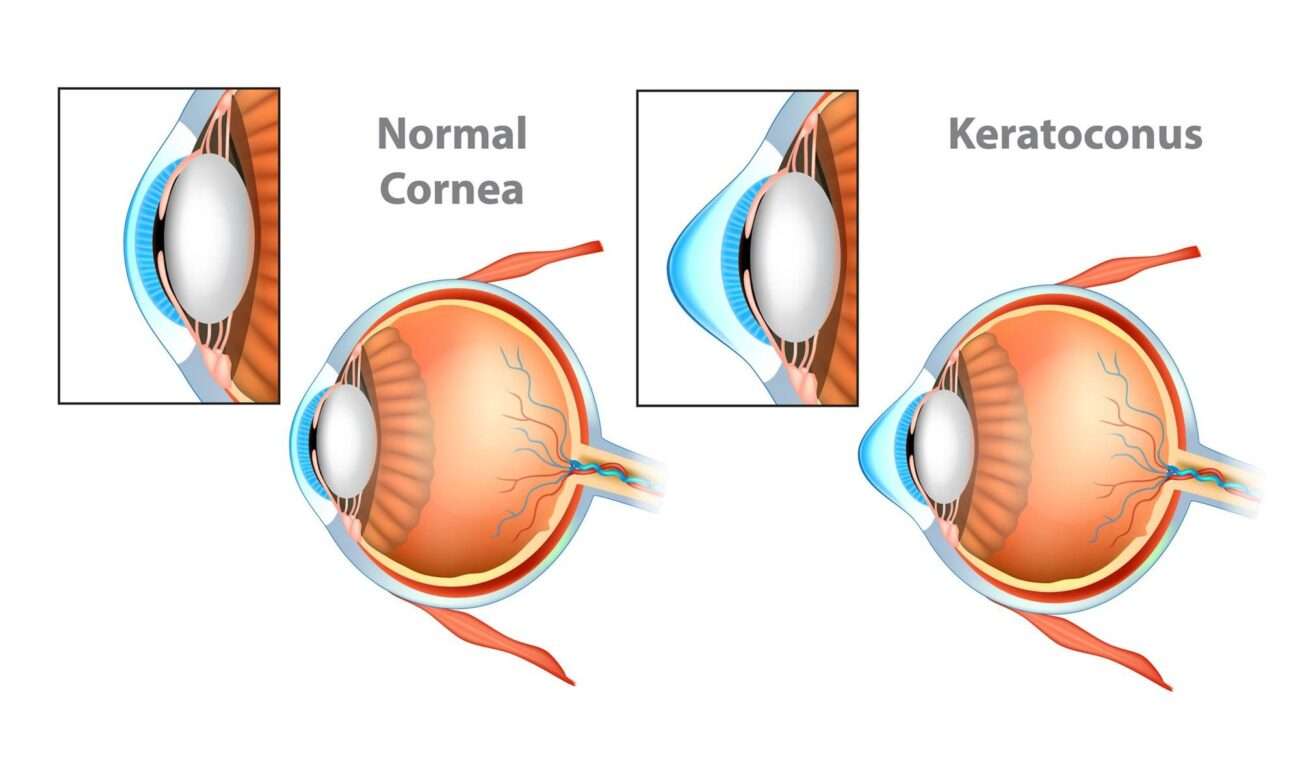
The exact cause of keratoconus is not fully understood, but it is thought to involve a combination of genetic and environmental factors. It usually develops in the teenage years or early twenties and can progress over several years. Keratoconus affects both eyes, but the severity can be different in each eye.
Symptoms of keratoconus:
The symptoms of keratoconus can vary depending on the stage of the condition. In the early stages, the symptoms may be mild and include:
- Slight blurring of vision
- Increased sensitivity to light
- Mild eye irritation
- Difficulty seeing at night
As the condition progresses, the symptoms may become more noticeable and include:
- Distorted and blurred vision
- Increased nearsightedness or astigmatism
- Double vision in one eye
- Halos around lights
- Ghost images
- Glare
- Difficulty wearing contact lenses
Diagnosis of keratoconus:
Keratoconus is usually diagnosed during an eye exam by an ophthalmologist or optometrist. The exam will include a visual acuity test to measure your ability to see at different distances, a refraction test to determine your eyeglass prescription, and a slit-lamp examination to look at the cornea and other structures of the eye.
In addition, your doctor may use a corneal topography test to measure the shape of the cornea and identify any areas of this

Treatment options for keratoconus:
The treatment for keratoconus depends on the severity of the condition and how quickly it is progressing. In the early stages, glasses or soft contact lenses may be effective in correcting vision. However, as the condition progresses, rigid gas-permeable (RGP) contact lenses may be necessary to help reshape the cornea and improve vision.
In some cases, surgery may be recommended to treat keratoconus. The most common surgical procedures include:
- Corneal cross-linking: This is a minimally invasive procedure that uses ultraviolet light and riboflavin eye drops to strengthen the cornea and prevent further thinning or bulging.
- Intacs: These are small, curved plastic inserts that are surgically implanted into the cornea to help reshape it and improve vision.
- Corneal transplant: This is a more invasive procedure in which the damaged cornea is removed and replaced with a healthy donor cornea.
Prevention and management of keratoconus:
There is no known way to prevent keratoconus, but there are steps you can take to manage the condition and protect your eyesight. These include:
- Regular eye exams: Regular eye exams can help to diagnose and monitor keratoconus and identify any changes in your vision.
- Avoid eye rubbing: Rubbing your eyes can cause further damage to the cornea and worsen keratoconus. If you have allergies or dry eyes, talk to your doctor about the best way to manage them without rubbing your eyes.
- Protecting your eyes: Wear sunglasses or protective eyewear to protect your eyes from the sun, wind, and other environmental factors that can irritate your eyes and worsen keratoconus.
- Proper contact lens care: If you wear contact lenses
In conclusion, Vijaya Nethralaya Eye Hospital is the best hospital for LASIK surgery in Bangalore because of its expertise, advanced technology, pre-operative evaluation, post-operative care, and reputation. If you are looking for the best place to get LASIK surgery, Vijaya Nethralaya Eye Hospital is the right choice. Vijaya Nethralaya Eye hospital is the best hospital for Lasik surgery in Bangalore. This is evident from its experience, expertise, state-of-the-art technology, personalized treatment, affordability, safe and hygienic environment, excellent customer service, and positive reviews. If you are considering Lasik surgery, Vijaya Nethralaya Eye Hospital is the best place. The hospital will ensure that you get the best care possible and that you achieve the best results





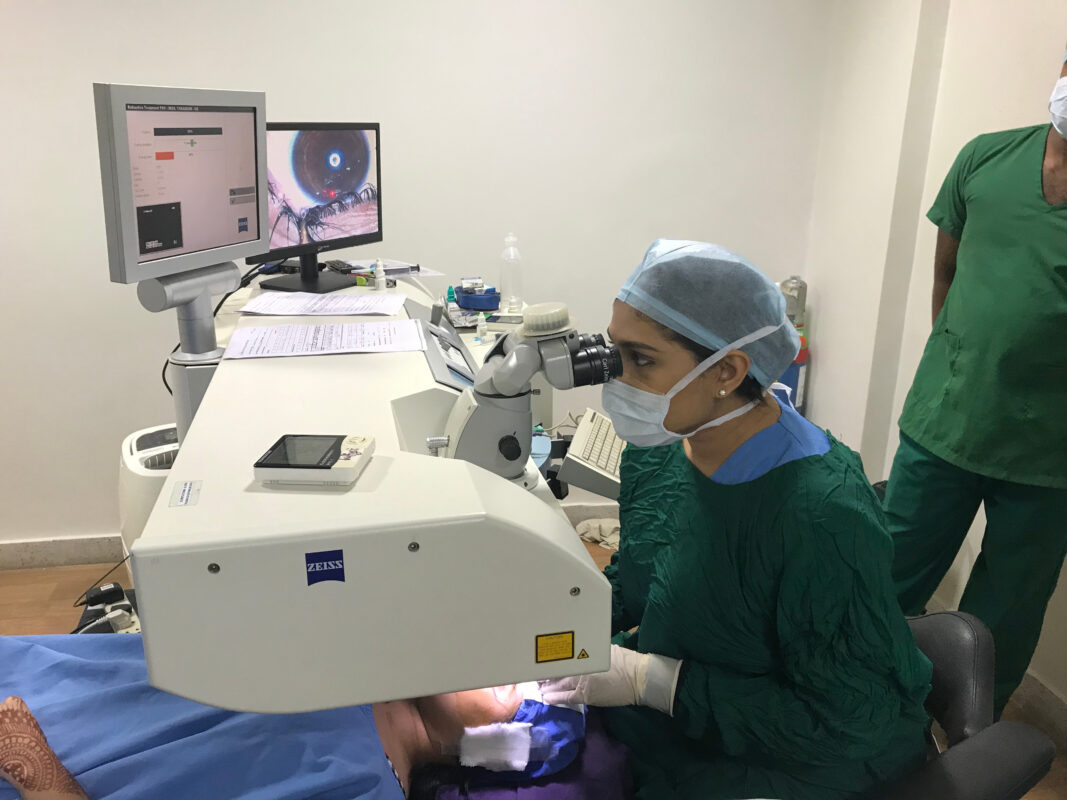
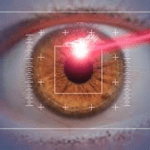
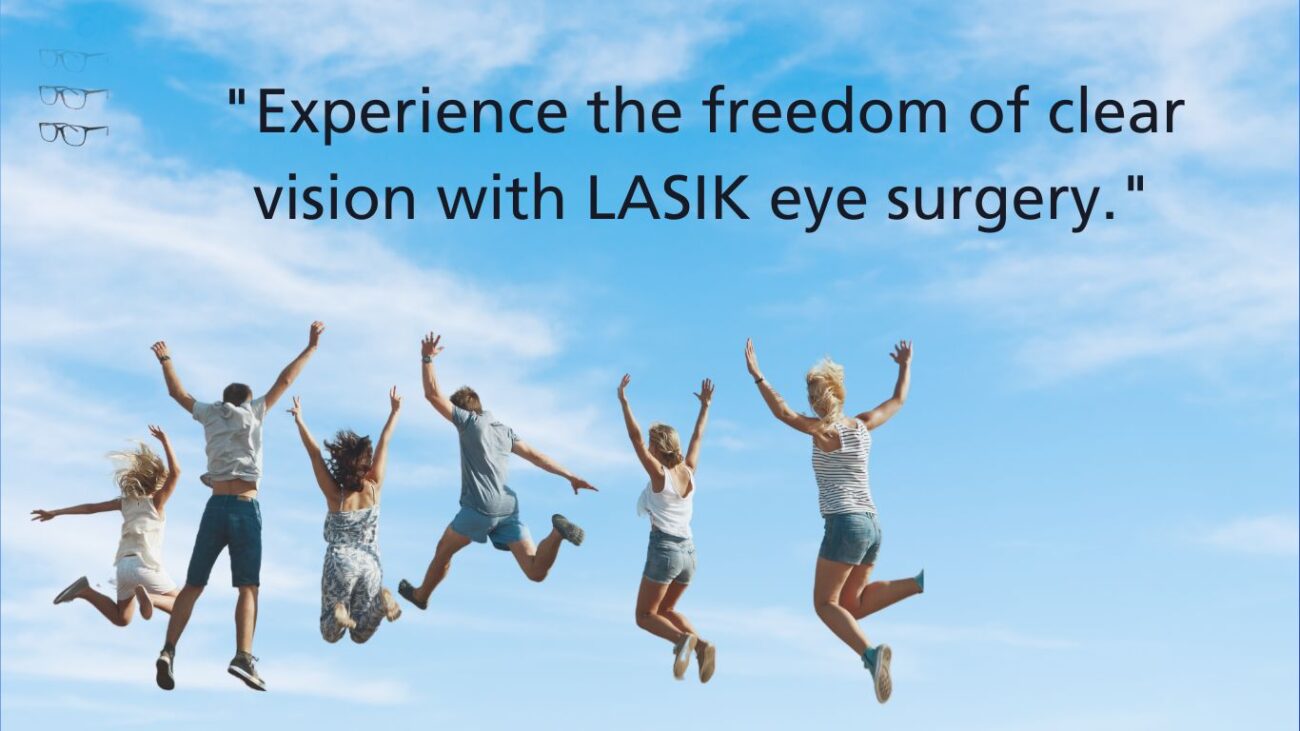

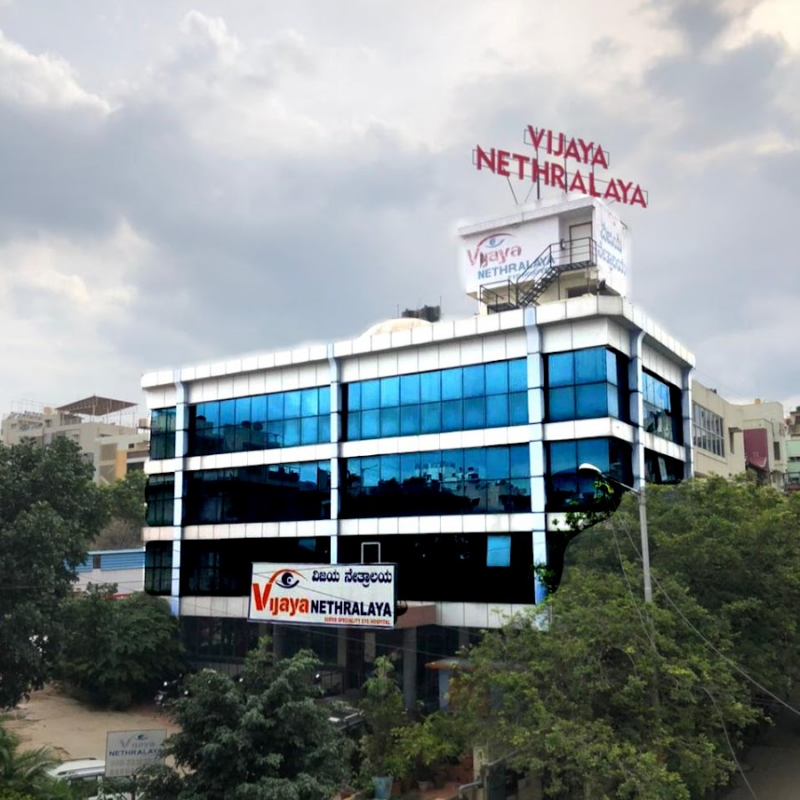
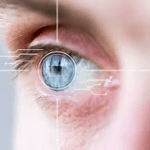
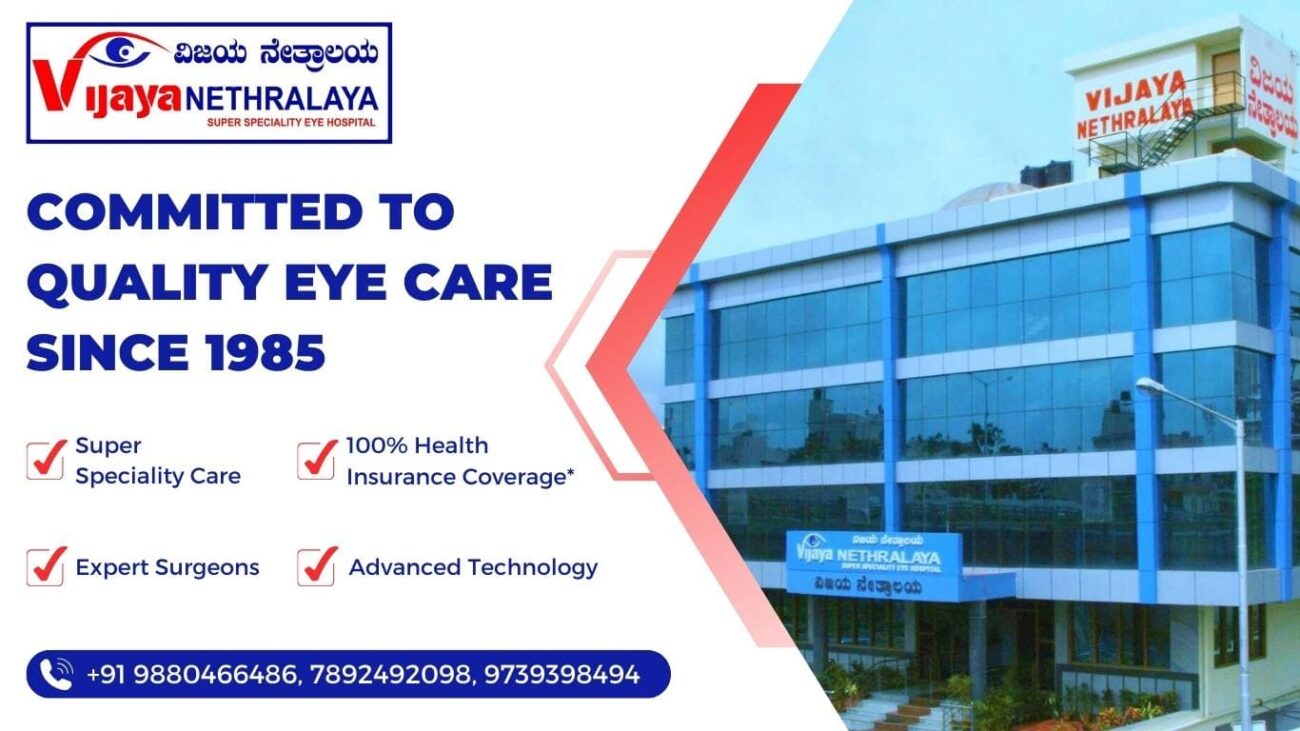
One thought on “Why Vijaya Nethralaya is the Best Hospital for Lasik surgery in Bangalore”
Comments are closed.